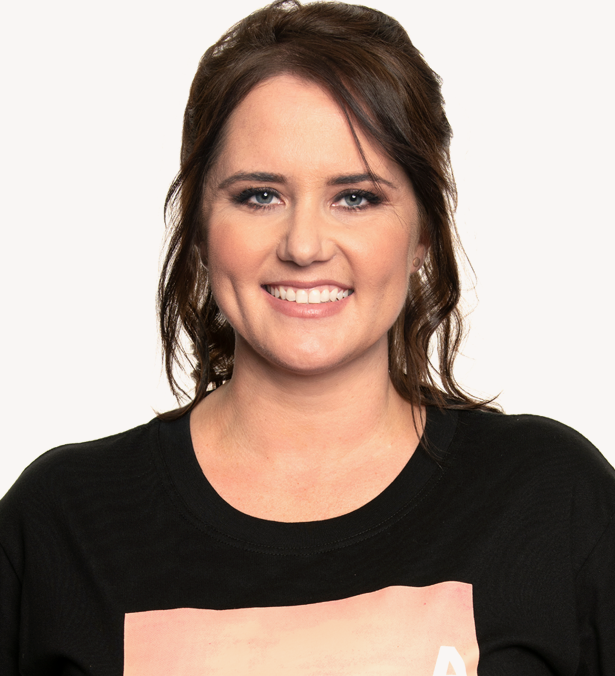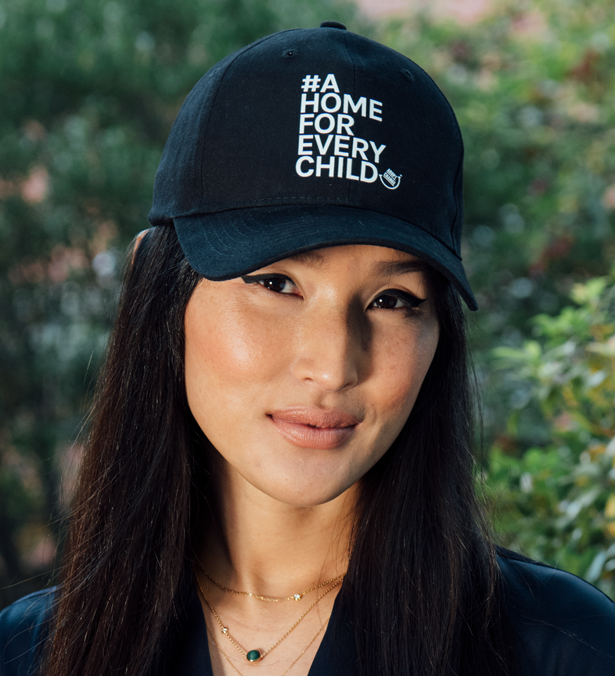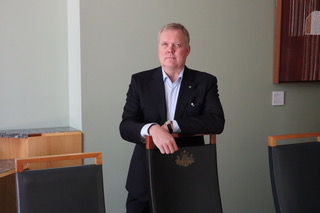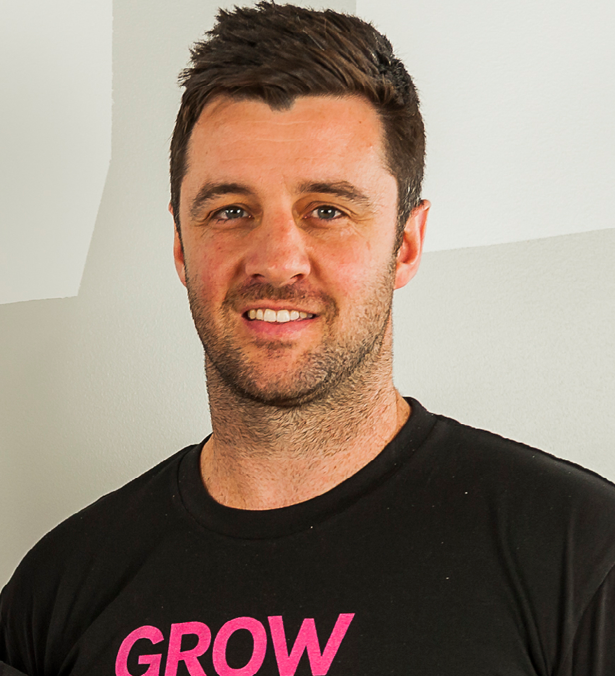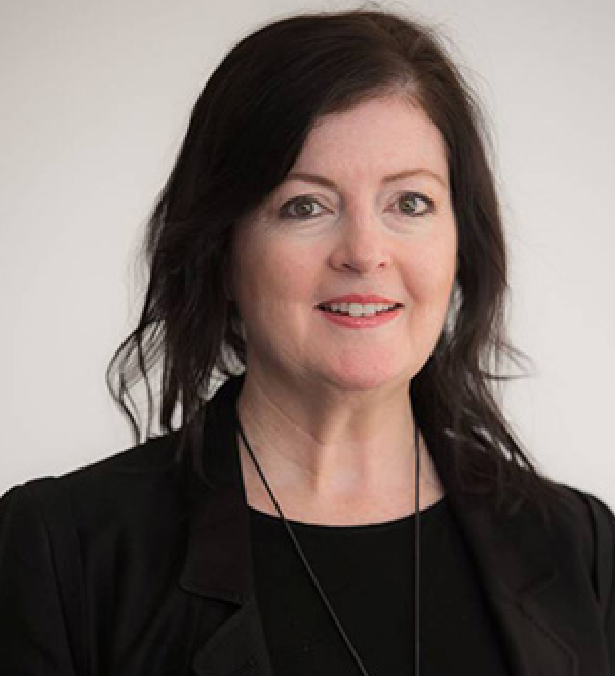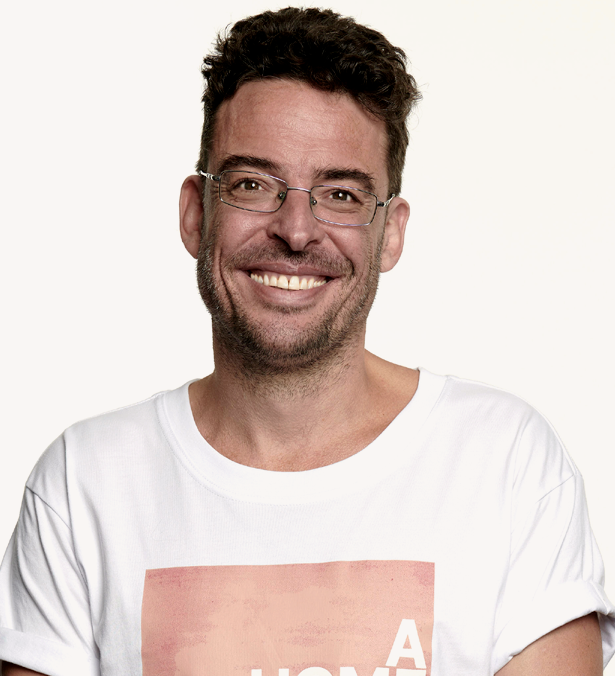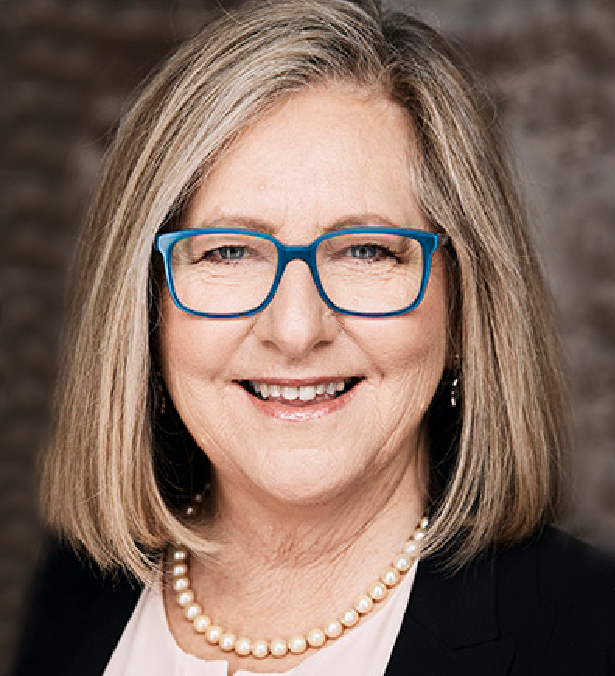The 2022 THRIVE National Permanency Conference puts trauma informed education of children in statutory care on the agenda for government and sector
The THRIVE National Permanency Conference launched online today, running until 27 October 2022. This, the sixth annual conference has introduced a new focus which will run on Thursday, to focus on the importance of supporting children with trauma within schools.
Bringing together representatives from federal, state and territory governments, child welfare agencies, and community members with lived experience, the one-of-a-kind event seeks better outcomes for children in care – in homes and schools across the country. The focus is critical for the growing number of children in care who also too often experience a negative trajectory while in and after leaving care.
Founder Deborra-lee Furness today spoke with global paediatrician and behavioural health expert Dr Jane Aronson about how to support children in care who have experienced trauma, “If we have a trauma informed society that can [employ] empathy and understanding we have a better opportunity for better outcomes for not only our community, but all communities”.
On Thursday, globally renowned experts in trauma and child development Dr Bruce D. Perry, MD, PhD and Dr Gabor Maté will engage in a conversation about supporting children with trauma in schools and include delegates.
Deborra-lee Furness says “Any child separated from birth family experiences trauma. This is why I’m so passionate about educators, carers, policy informers understanding trauma so that we can move forward in a productive, positive way” and Dr Bruce Perry “If we don’t engage the school, and if we don’t help educators understand these issues all of our other good work is going to be very inefficient.”
The conference is unique in bringing together online such a wide range of delegates and speakers across Australia and from beyond – from lived experience, politicians, educators, carers and peak bodies. For the first time, educators are being invited to day three on Thursday 27 October to learn about the impact of trauma on children and how to support them in school. This is critical, considering the typical experience of children in care is that many are suspended and do not complete high school and as an already vulnerable cohort, lockdowns further reduced school attendance and returns.
Adopt Change is heartened by participation from governments, the sector and community members coming to the table for the annual conference to create positive change for the 46,212 children currently living in the out-of-home care system across Australia.
Governments from around Australia are providing updates on their progress and commitment to permanency and better outcomes for children and young people living in out-of-home-care across the country, following on from the eight key recommendations sent to government after last year’s conference.
The conference opening session included Federal Minister for Social Services Amanda Rishworth and a presentation on The National Framework for Protecting Australia’s Children 2021-2031 was presented by Australian Government Department of Social Services.
Due to the over-representation of Aboriginal children in the out of home care system, SNAICC CEO Catherine Liddle was invited to speak in the opening plenary session and and Dr Tracy Westerman AM will speak during a live session tomorrow 26 October on ‘Indigenous Child Removal: Fixing a Broken System’.
Adopt Change CEO Renée Carter emphasises the need for critical discussions around stability for children, and the importance of government, sector and community coming together to implement and integrate best practice solutions for the children with an experience of trauma – in both homes and schools.
“We know that permanency is critical to a child’s development and a brighter future. It is a priority to ensure children remain safely at home with their family, however when it is not safe or viable to do so, other timely options suited to the best interest of each child need to be available as real options. Children deserve to grow up in safe, nurturing and stable home-based care rather than within a system. The conference provides the opportunity for governments to update on their progress to prioritising permanency and appropriate supports for these children, as well as this year addressing the importance of ensuring they are also included and supported at school,” says Ms Carter.
“With the increase of children and young people exposed to trauma, it is essential for educators to be aware of the impacts in the classroom and why we have dedicated a day to focus on providing trauma-informed educational settings. A national focus to commit to coordinated action in the area of trauma-informed practice within all key sectors is critical to ensuring positive futures for children,” adds Ms Carter.
Topics for #THRIVE2022 based on the eight recommendations sent to government after last year’s conference. Live National Roundtables running on 26 and 27 October as part of the conference, will provide delegates the opportunity to contribute to the discussion and help create solutions to be tabled to government post-conference.
“This is a shared government and community issue. We don’t just want children to survive the system, but to grow up in families, be supported in schools, and thrive,” concludes Ms Carter.

